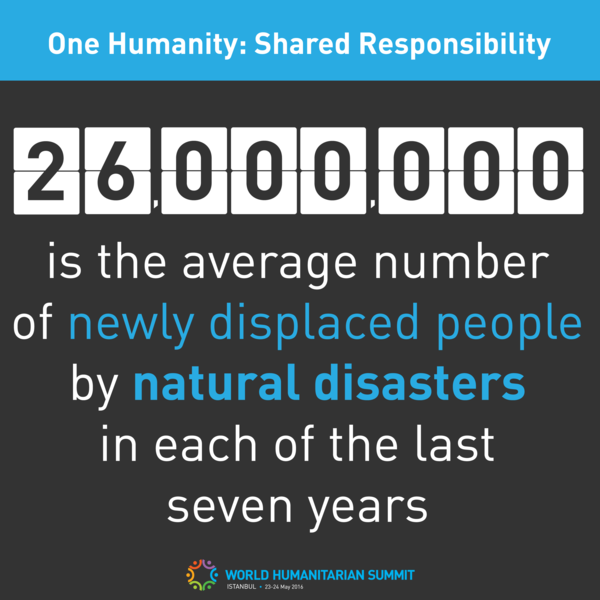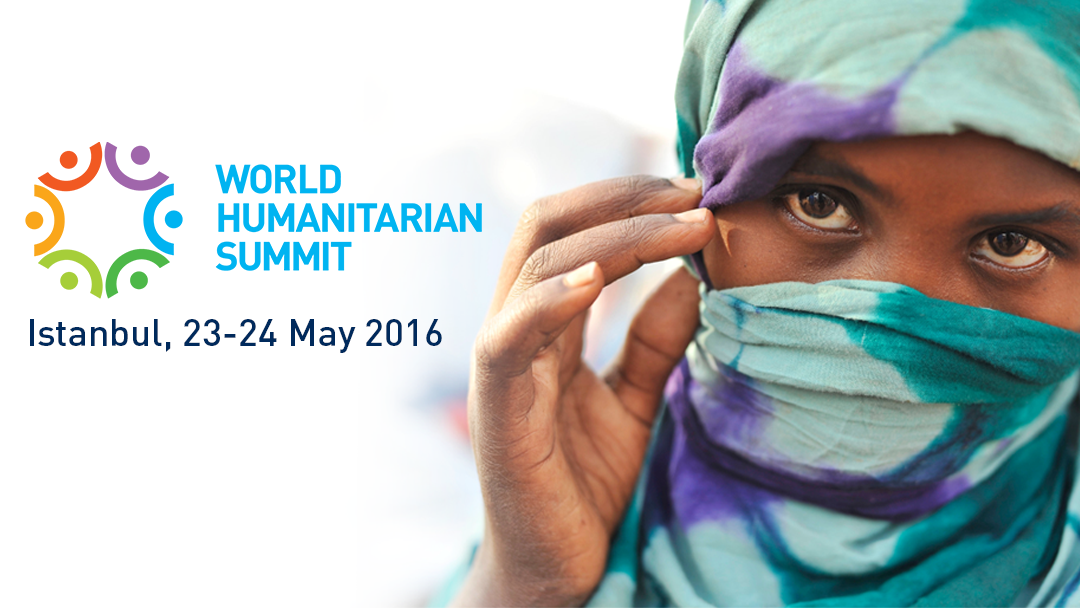WHS Panel: The Future of Philanthropy in Humanitarian Action
Today I was a panelist at a World Humanitarian Summit (WHS) session entitled “The Future of Philanthropy in Humanitarian Action.” My remarks were directed at a paper co-authored by CDP’s Vice President Regine Webster and Dr. William Patton that was released today in Instabul. The report, “A Pivot Point in Philanthropy’s Contribution to Addressing Humanitarian […]

Today I was a panelist at a World Humanitarian Summit (WHS) session entitled “The Future of Philanthropy in Humanitarian Action.” My remarks were directed at a paper co-authored by CDP’s Vice President Regine Webster and Dr. William Patton that was released today in Instabul. The report, “A Pivot Point in Philanthropy’s Contribution to Addressing Humanitarian Crises,” calls on the philanthropic community to change the way it responds to global humanitarian crises.
The paper makes ten recommendations that can lead to increasing the impact of philanthropic giving. I highlighted three of them in my presentation:
- First, the paper recommends we be brave and be present. This means to get involved and not stay on the sidelines—and with a full set of resources: convening power, flexible financial support and a problem-solving skill set.
- The next recommendation is to realize that we are in this effort together with many others. Follow the maps that have already been drawn – support those doing aid coordination, follow the Sustainable Development Goals, and encourage joint appeals.
- Finally, the paper urges philanthropists to move from charity to philanthropy in their giving by taking a long-term and more holistic viewpoint on how disaster philanthropy fits into the broader context of humanitarian funding that promotes planning, preparation, mitigation and long-term resiliency work as well as short-term disaster relief.
Readers familiar with CDP’s work know all too well why these changes are needed. Disaster contributions today tend to be reactive, short term, and uncoordinated. They are often media-driven, focusing on spectacular events like tornadoes and hurricanes, and spending little attention on slowly evolving crises like Ebola or the Syrian refugee crisis. You can read more about our findings in the State of Disaster Philanthropy.
As the paper summarizes, we have to move away from philanthropic giving that “…is piecemeal, fragmented and sometimes chaotic” to find more innovative ways to effectively address global humanitarian crises.
More like this

Can disaster philanthropy close the humanitarian gap?

